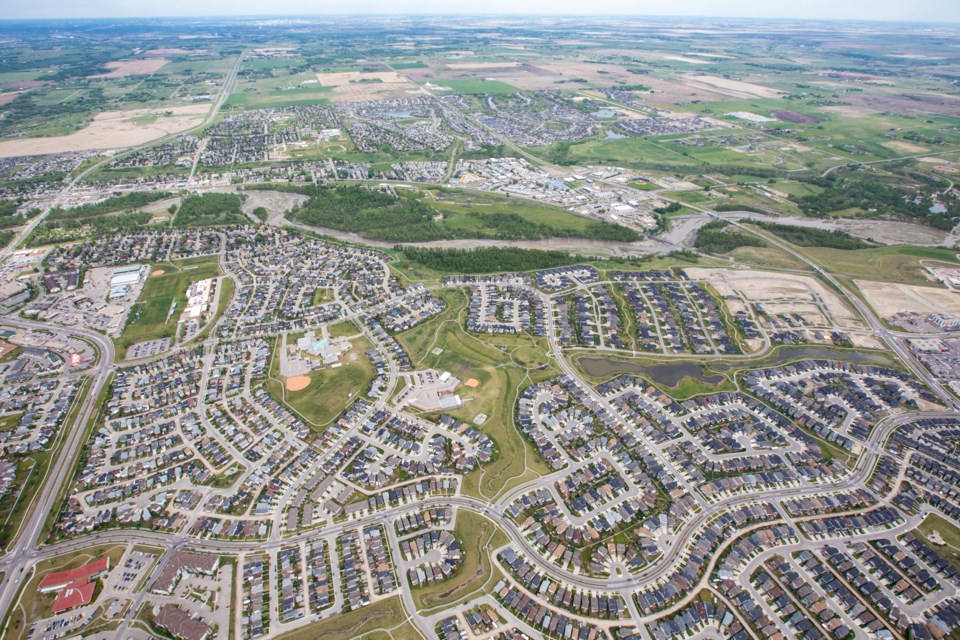Did you hear the one about the Town of Okotoks’ billion-dollar windfall?
Now that homeowners have received their property assessment notices, there's been a great deal of hand wringing over the sharp rise in values. Rather than being happy at a substantial increase in equity, many are upset, convinced the Town has used the assessment process to fatten its coffers.
That’s not how it works, but that hasn't stopped some from seeing a billion-dollar rise in the residential assessment roll as a boondoggle of epic proportions. Beat up on the Town all you’d like — from the state of the roads to an increase to the natural gas franchise fee, there’s always something to raise your ire — but doing so because of a spike in assessed values just seems like misplaced anger.
For argument’s sake, let’s say the Town requires $35 million from residential taxpayers to fund its operations for the year, which means it needs a certain amount from each of the 12,000 homes within its boundaries to make up that amount.
Although it matters to each individual homeowner how much their home is assessed at, that really isn’t a consideration for the Town as its bottom line isn’t affected one iota by a sharp rise, modest gain or even a short-term dip in property values. Let’s do a little math to prove that point.
If those 12,000 homes have a collective value of $1 billion, how much will the Town need to extract from those taxpayers to fund its operations? If you said $35 million, you’d be correct.
But what if those 12,000 homes have a collective value of $5 billion. If that’s the case, how much will the Town need to get from those homes to fund its operations? If you answered $35 million, you’d be two for two.
How about if those 12,000 homes have a collective value of $10 billion. How much would the Town need to collect in that scenario? If you said $35 million, you’re crushing this test.
In other words, it makes absolutely no difference to the Town how much homes are worth as it will get its pound of flesh one way or another.
If the average assessment dropped by 10 or 20 per cent, do you think your property taxes would take a corresponding dip? In the words of comedic great Jerry Seinfeld, “Not bloody likely.” Taxes pay salaries and deliver services, which aren’t impacted by the vagaries of the real estate market.
Where assessed value comes into play is in determining how big a slice of that tax pie each home will pay. A home assessed at $1 million will pay more than one assessed at $500,000, which will get a bigger bill than one at $200,000.
The purpose of the assessment process Is to essentially put every home in its proper tax bracket so it can be dinged accordingly. We all contribute to that $35 million total, but we do it in differing amounts based on assessed values.
The process isn’t without its flaws, but I can assure you that giving local council an opportunity to gouge taxpayers isn’t one of them.




